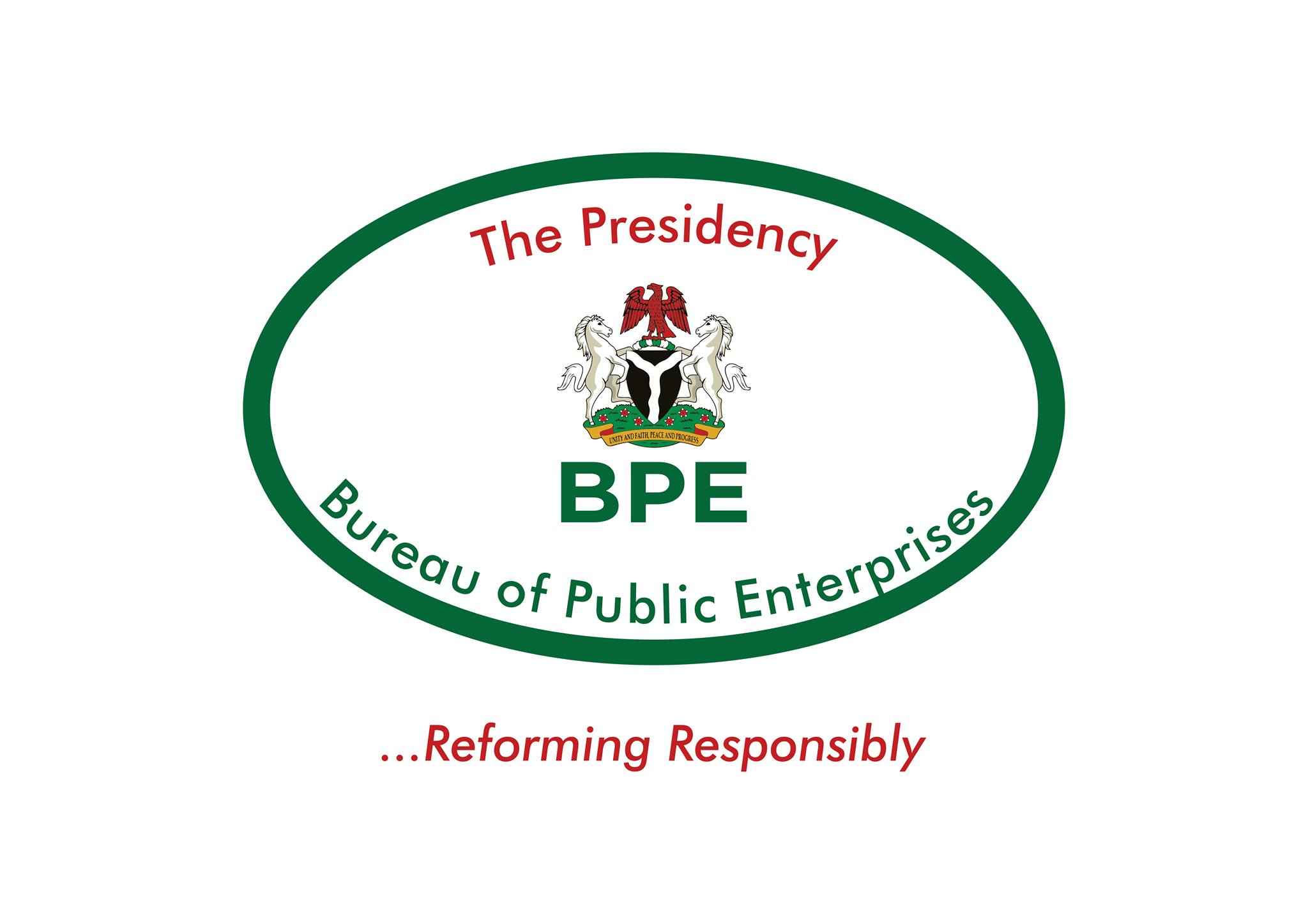SECTOR DATA
THE AGRICULTURAL SECTOR
Agriculture is the mainstay of the Nigerian economy as it provides food for the expanding population, raw materials for the industrial sector, employment opportunities for a large percentage of the population, increase in rural income/welfare and a source of foreign exchange earnings. Nigeria is one of the most endowed countries in the world, it has abundant land, water, and human resources and enjoys temperatures capable of supporting agricultural products all year round. The agriculture sector employs over 75% of Nigeria’s population living in the rural areas and engaged in subsistence agricultural activities. Agriculture has witnessed poor performance since the 1970s when oil was discovered in commercial quantity. From a contribution of about 60% to GDP, agriculture makes an annual contribution of about 32% to GDP. Various programmes had been implemented over the years to restore agriculture to its lost glory. The resuscitation of the Nigerian Agricultural and Cooperative Bank and the increased budgetary allocation to agriculture by the present administration is designed to improve the agricultural sector.
OVERVIEW OF THE NIGERIAN FERTILIZER INDUSTRY
In Nigeria, fertilizer consumption rate is very low. In 1995 in particular, Nigeria’s average rate of fertilizer consumption was estimated as 23kg/ha compared with the FAO’s recommendation of at least 200 kg/ha. Nigeria’s fertilizer consumption is thus one of the lowest in the world and is grossly short of the agronomic optimum requirement consistent with sustainable production and food security. Nigeria has only two manufacturing enterprises, namely National Fertilizer Company Of Nigeria (NAFCON) located at Onne near Port Harcourt and the Federal Superphosphate Fertilizer Company (FSFC), Kaduna as well as 10 fertilizer blending plants including Fertilizer and Chemicals, Kaduna; Morris Limited, Minna; Agro-Nutrients Chemicals and Kasco in Kano.
Over the years, due to poor governance, mismanagement, non-maintenance of equipment and poor funding, the productive capacity of the fertilizer companies reduced drastically to 22.4% in 1997. Current production level of the fertilizer companies is less than 10% or 85,000 metric tonnes. The implication of the low production level of the fertilizer companies was that it intensified pressures on the importation of fertilizers by the Fertilizer Procurement and Distribution Department as domestic demand had to be met. Given the high cost of importation and subsidy, the Federal Government decided to leave fertilizer procurement, distribution and pricing to market forces in 1997. It is against this background of price deregulation, weak production capacity of the fertilizer companies against high domestic demand pressure that FSFC is being privatised. In essence, current federal Government policy including privatisation is positive and favourable to the fertilizer industry.
SECTOR’S LONG-TERM PROSPECTS IN THE NIGERIAN WEST AFRICAN ECONOMY
In addition to these opportunities, there are more opportunities for expansion to meet the growing demand for related agricultural products especially in the northern parts of the country and countries in the African sub-region. These include the opportunity for the establishment of a blending facility to extend product lines installation of a sulphuric acid plant to reduce cost of producing SSP fertilizer support industries for the production of sulphuric acids
The following enterprises in the agricultural sector are available to interested investors:
- Federal Super Phosphate Fertilizer Company

